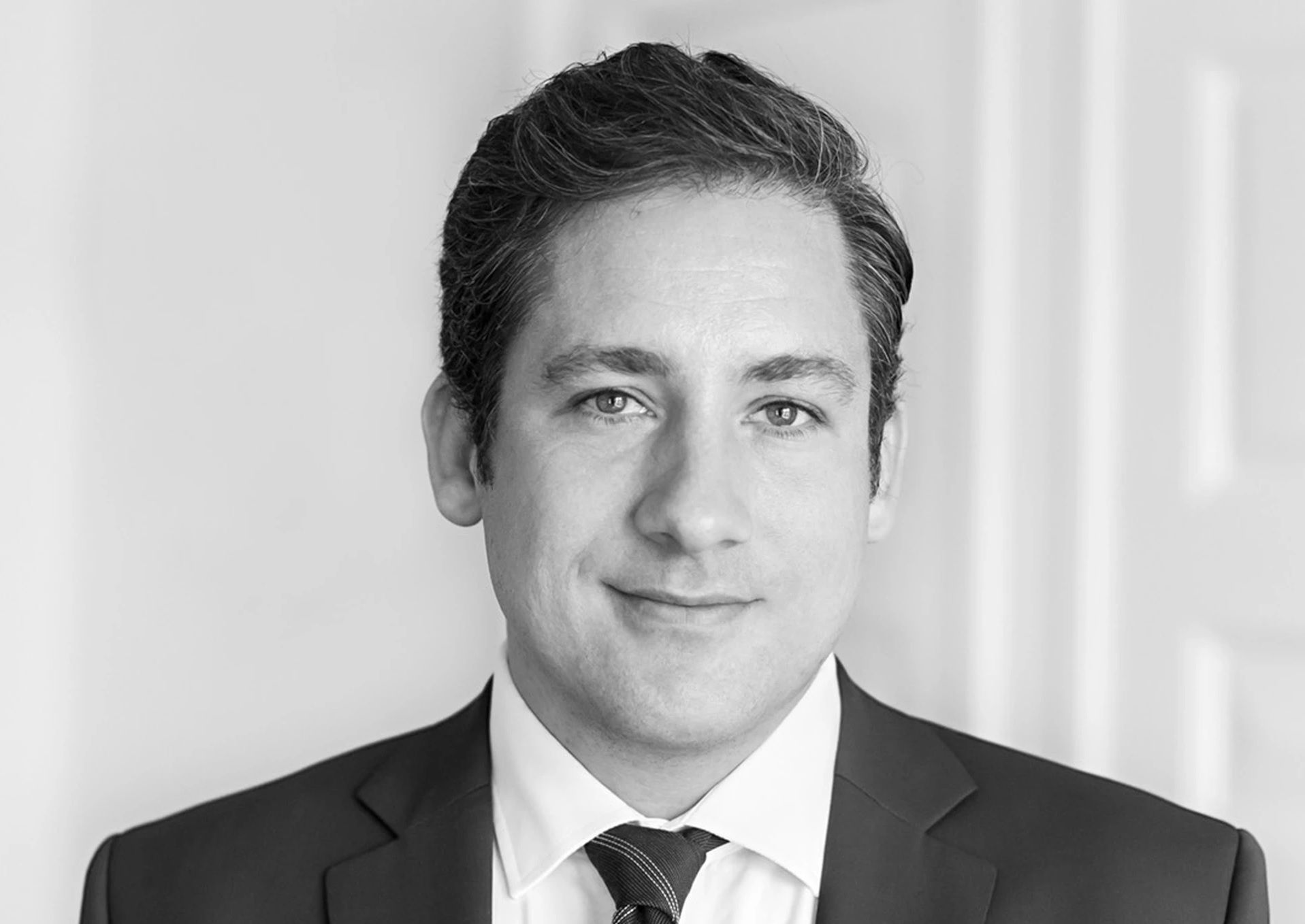 Lars Kragh Andersen knows that it is only a matter of time before he is arrested. It’s part of his plan. The 31 year-old former Copenhagen policeman has posted pictures of himself selling hash on Facebook and tagged the photos with the names of prominent Danish politicians so that anyone who searches Facebook – for example, for PM Helle Thorning-Schmidt – has a chance of seeing a picture of ‘Hash Lars’ doing his latest deal.
Lars Kragh Andersen knows that it is only a matter of time before he is arrested. It’s part of his plan. The 31 year-old former Copenhagen policeman has posted pictures of himself selling hash on Facebook and tagged the photos with the names of prominent Danish politicians so that anyone who searches Facebook – for example, for PM Helle Thorning-Schmidt – has a chance of seeing a picture of ‘Hash Lars’ doing his latest deal.
When tax authority Skat recently sent him a letter asking for 12,000 kroner for failing to pay tax on his cannabis transactions, Lars wrote back saying that the government wasn’t getting any of his cash, but he was polite enough to include a small piece of hash with his note. The tax office won’t comment on that specific bit of cannabis, but say that any drugs they receive are turned over to the police. The police, in turn, say that Andersen is currently under investigation.
Andersen realises that his actions polarise people. Some see him as a hero. Some wonder if he is crazy, and some think he is a tiresome media whore.
He says his actions are acts of civil disobedience against the nation’s drug laws.
“I am actually opposed to drugs, but I believe what people do with their own body is up to them. I prefer an apple, a glass of water and a long run, but the government’s drug laws are wrong and totalitarian,” he said.
Andersen started as a trainee with the Copenhagen Police in December 2006. He said that during the early years he enforced the laws as written and did what he was told. After a few years on the streets, however, he began to believe that drug enforcement was doing more harm than good. He says that although they won’t go public, plenty of other officers agree with him.
“A lot of cops know that a junkie is not going to quit using just because they bust him and take his drugs away,” Andersen said. “In fact, they are actually encouraging him to commit another crime so he can get more drugs.”
Andersen believes that drug laws actually damage society and that prohibition makes criminals out of people who suffer with the disease of drug addiction. He believes the best course is to legalise and regulate the drug trade.
In 2009, while still serving in the police, he wrote a piece in the online publication 180Grader.dk in which he said that as a matter of conscience he would no longer arrest people for selling cannabis. He knew his days on the force were numbered.
“I went into this with my eyes open. I quit my job 10 minutes before they fired me.”
Openly dealing hash, and tweaking the authority’s noses with it, is not Andersen’s first stab at civil disobedience.
Before he became known as ‘Hash Lars’, Andersen was known as ‘Licens Lars’, a vocal opponent of Denmark’s TV licence fee. A television licence (or broadcast receiving licence) is required for the reception of television channels operated by national broadcaster Danmarks Radio (DR). The TV licence currently costs 2,260 kroner per year. Andersen has bombarded DR with letters protesting against the fee and has set up a Facebook page, ‘Støt Lars’ kamp mod DR Licens’ (Support Lars’s battle against the DR licence), where he and his nearly 7,000 supporters discuss what they see as an unfair tax.
“The state should not be collecting money from citizens to make television programmes,” he said. “State television is something that you hear about in North Korea, not a free society.”
Andersen sees Hash Lars and Licens Lars as two sides to the same coin: “peaceful lawbreakers” ready to face the consequences of their actions as they fight for change.
“The government in Denmark intrudes into its citizens’ lives to a frightening degree. I use civil disobedience to attract attention to the issues, not to myself. I hope one day to work with politicians and citizens to shrink the bureaucracy and lessen its influence. People should be allowed to make their own choices, good and bad.”
Andersen said he is currently working in the private sector and studying law.















